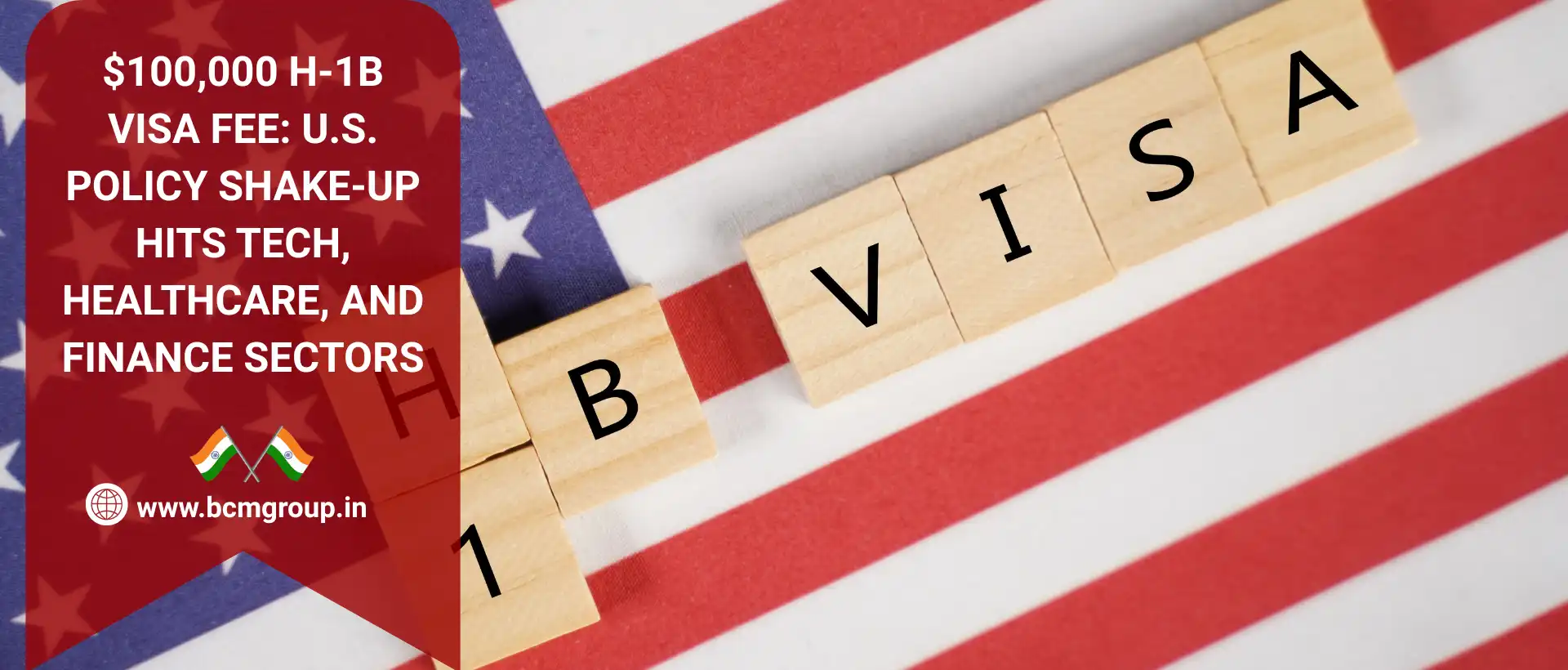
Published: 06/10/2025 Author: BCM Group
The US government has introduced a $ 100,000 fee for new H1B visa applications, which is effective from September 22, 2025, marking a significant change in immigration policy. The H1B visa full form is “H1B non-migrant visa”, which allows American companies to employ foreign professionals in specialized businesses requiring technical expertise.
Over the years, H-1B visas have been an important tool for American businesses to reach efficient labor, especially in technology, healthcare, finance, and engineering sectors. The new fee has raised questions about the H1B visa requirements and the future of foreign talent recruitment. Many industry experts are asking, “What is H1B visa?” and why this fee could drastically affect businesses relying on foreign expertise.
The fee is likely to reshape the labor market, pushing efficient professionals towards countries such as Canada, Germany, and the UK, offering more favorable visa programs. Economists have warned that restricting H-1 B visa access can slow down US economic growth, reduce innovation, and increase operating costs in many areas.
The $ 100,000 H-1B visa fee represents a major policy change with immediate and long-term results. Industry, recruitment agencies, and foreign professionals will need to quickly adapt, balancing compliance with the need to maintain competition in the global economy.
[contact-form-7 id=”d2f63f9″ title=”Candidate Form”]
[contact-form-7 id=”3b2dcad” title=”Employer Form”]
License No. MUMBAI/PARTNERSHIP/5493853/2021
HEADQUARTERS: 409, 4th floor, Amanora Chambers, Amanora Mall, Near Magarpatta City, Hadapsar, Pune – 411208
© 2024–2025 bcmgroup. All Rights Reserved.
Privacy Policy | About Us | Contact Us | Submit You C.V | Submit Your Requirements